Despite a reduction throughout 2020, light pollution in the UK has been steadily worsening. Yet it’s one of the most preventable and readily fixable types of pollution around.
Now British MPs have formed a new All-Party Parliamentary Group for Dark Skies (APPG) in the UK Parliament, dedicated to reducing light pollution across the country.
The APPG for Dark Skies' aim is to put light pollution on a par with noise pollution, for which many statutory laws exist.
- Analysis: Has lockdown affected light pollution?
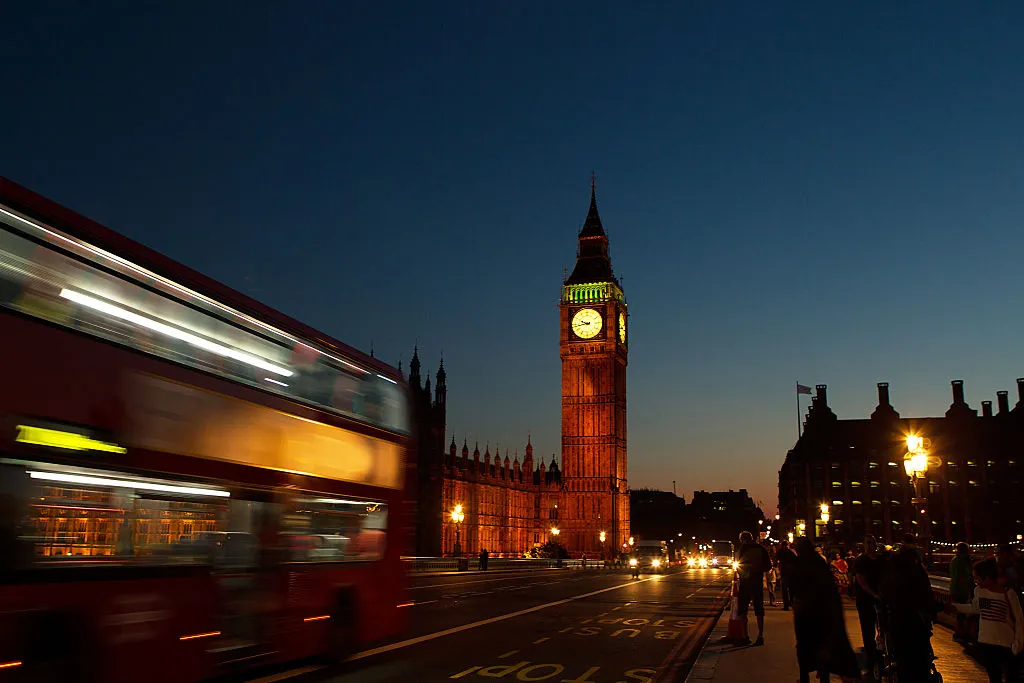
The APPG is being spearheaded in the House of Commons by Andrew Griffith, Conservative MP for Arundel and South Downs – home of the South Downs Dark Sky Reserve – and in the House of Lords by Martin Rees, the Astronomer Royal and a former President of the Royal Society.
The group’s 10-point plan to use the law to protect the UK’s dark skies and night-time landscape is inspired by a national law passed in France in 2019 to prevent, reduce and limit light pollution in outdoor spaces – specifically upward-directed light – and similar regulations in South Korea.
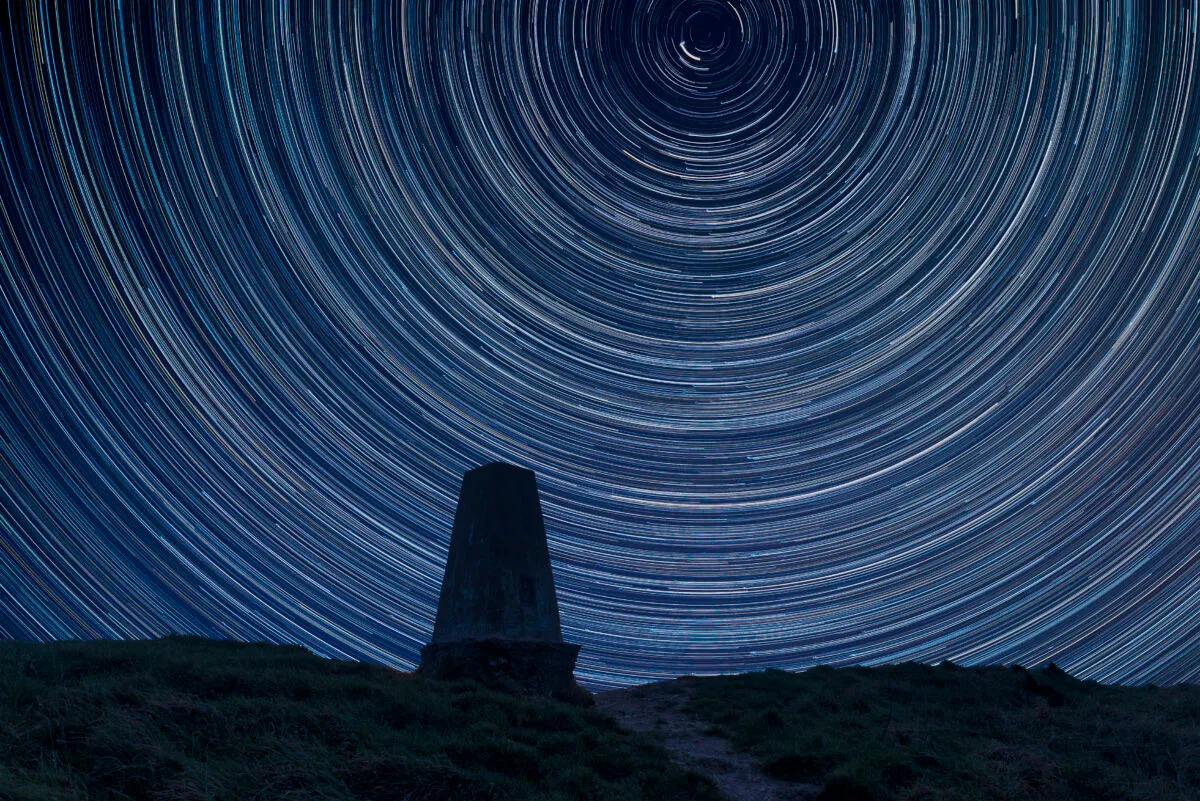
Their plans build on what’s being done in national parks and remote places - some of the best places to stargaze in the UK - to encourage and enable local authorities to crack down on unnecessary light pollution.
They need new powers to do so, and that means new legislation.
Among the APPG’s targets are outside floodlights, light fittings that angle upwards and blue-spectrum light that disrupts both astronomers’ observations and the diurnal cycles of animals.
These could be replaced with outdoor lighting to minimise light pollution.
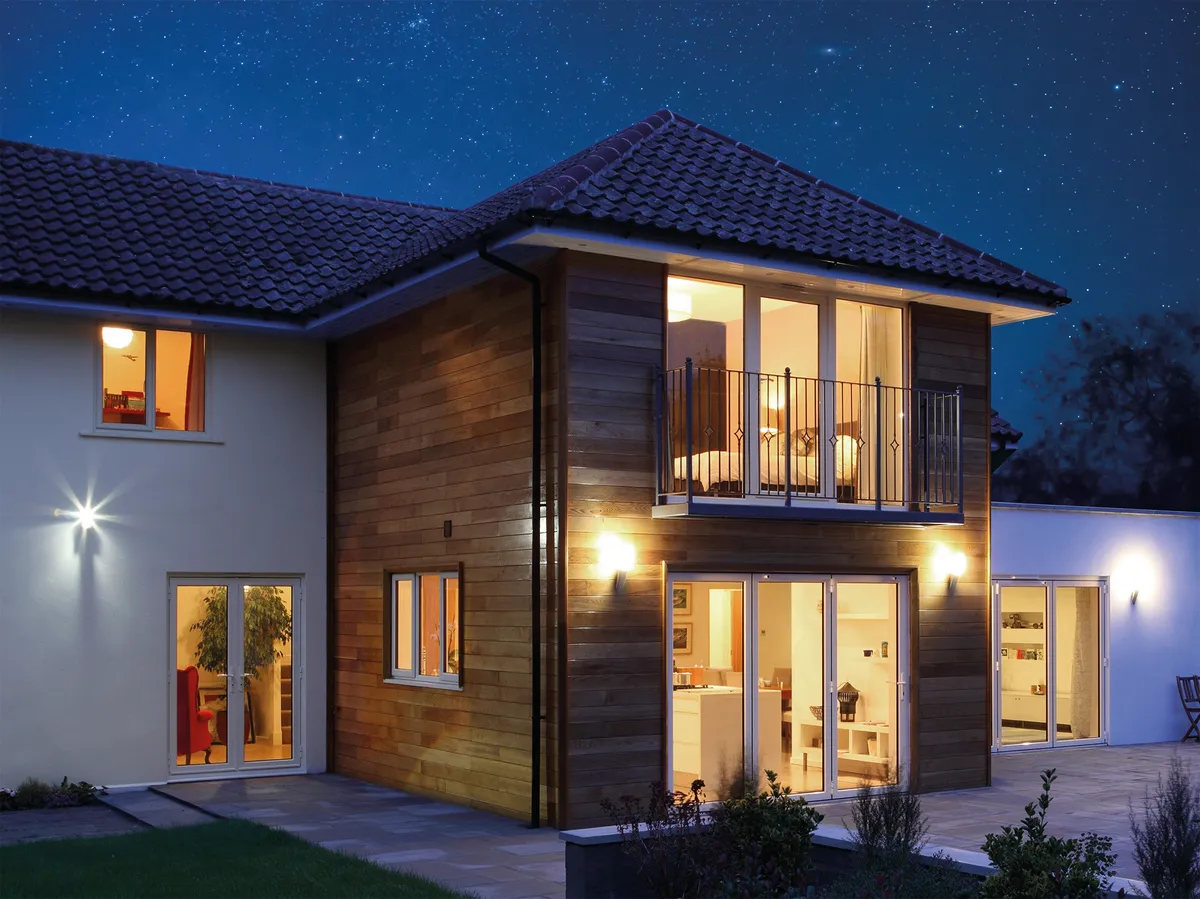
Here’s a summary of the APPG’s 10 policy solutions to mitigate sky glow – and what they mean for our night sky…
10 ways the APPG for Dark Skies wants to tackle light pollution
1
Strengthen the National Planning Policy Framework
This is where new policies and laws come from, but at present light pollution is overlooked.
2
Expand the scope of the planning permission process
‘Nuisance lighting’ like industrial light glaring through a window is something the ‘victim’ has to prove. This
is about making the perpetrator responsible.
3
Strengthen Statutory Nuisance Provisions
‘Nuisance lighting’ like industrial light glaring through a window is something the ‘victim’ has to prove. This is about making the perpetrator responsible.
4
Setting up a Commission for Dark Skies
Efforts to stem light pollution are inconsistent, sporadic and overlapping. This would put all the issues in one place.
5
Standards for brightness and colour temperature
Light bulbs already have information about energy efficiency, so why not add labels about their impact
on light pollution?
6
Set standards for lighting direction and density
You can buy a 3,000K floodlight that’s dark sky-compliant, but it doesn’t come with instructions on how to install it to limit light pollution.
7
Create a ‘Dark Sky Hours’ code of best practice
Timed public lighting should be extended, should be designed to be less powerful, and also applied to private businesses and homes.
8
Minister for Dark Skies
Efforts to cut light pollution fall under the jurisdiction of various departments. This would put someone in power to oversee policy-making.
9
Dark Sky Towns & Cities
International Dark Sky Reserves and Parks are great, but updating lighting in cities could tackle light pollution.
10
Increase public awareness
Should light pollution be included as a feature in the national curriculum?
What would UK light pollution laws mean for astronomy?
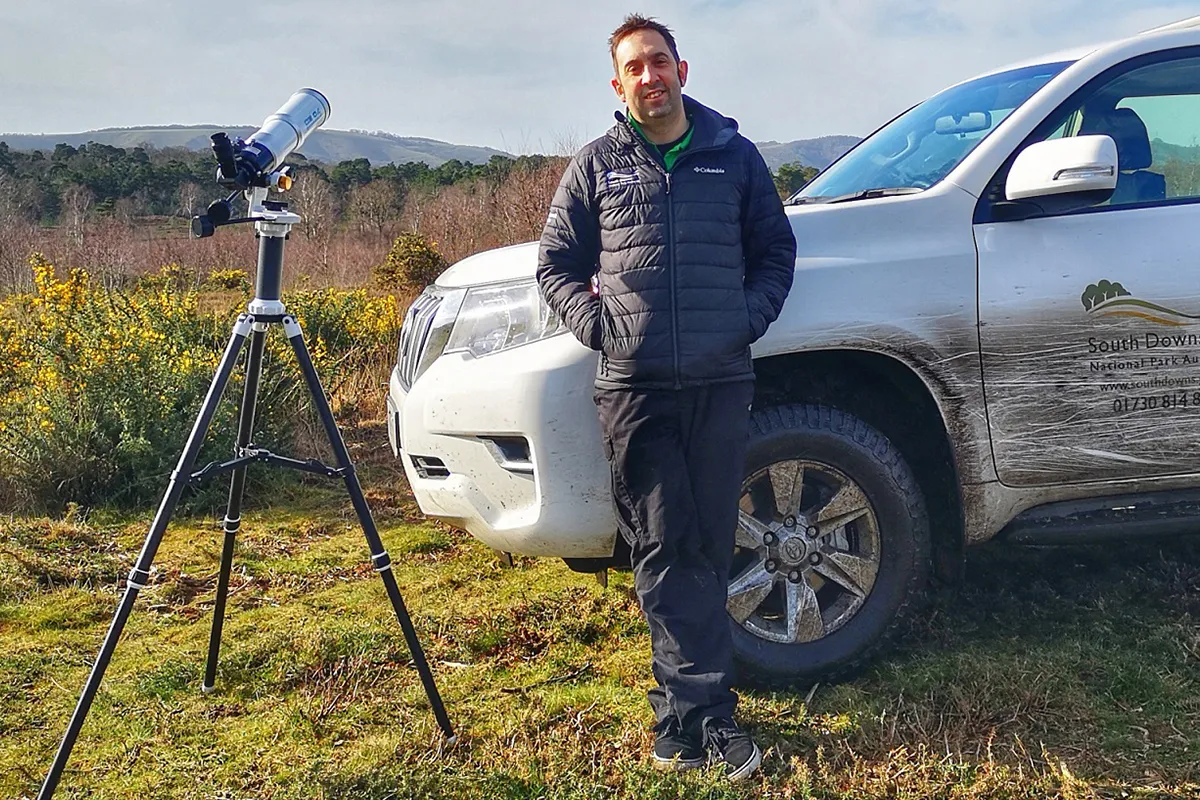
If the APPG is successful there will be new legislation, incremental updates to planning laws and more dark sky-friendly LED lights, making the night sky darker in cities as well as in protected areas.
"We’re not taking away anyone’s lighting and this doesn’t need to be controversial, we just want a trade-off between minimum light required and protecting dark skies," says Dan Oakley, Dark Skies Officer at the South Downs National Park Authority and International Dark Sky Reserve.
He thinks that, if restricted to 3,000K and targeted correctly, LEDs can reduce light pollution. That’s exactly what happened in the South Downs when sodium streetlights swapped to LED.
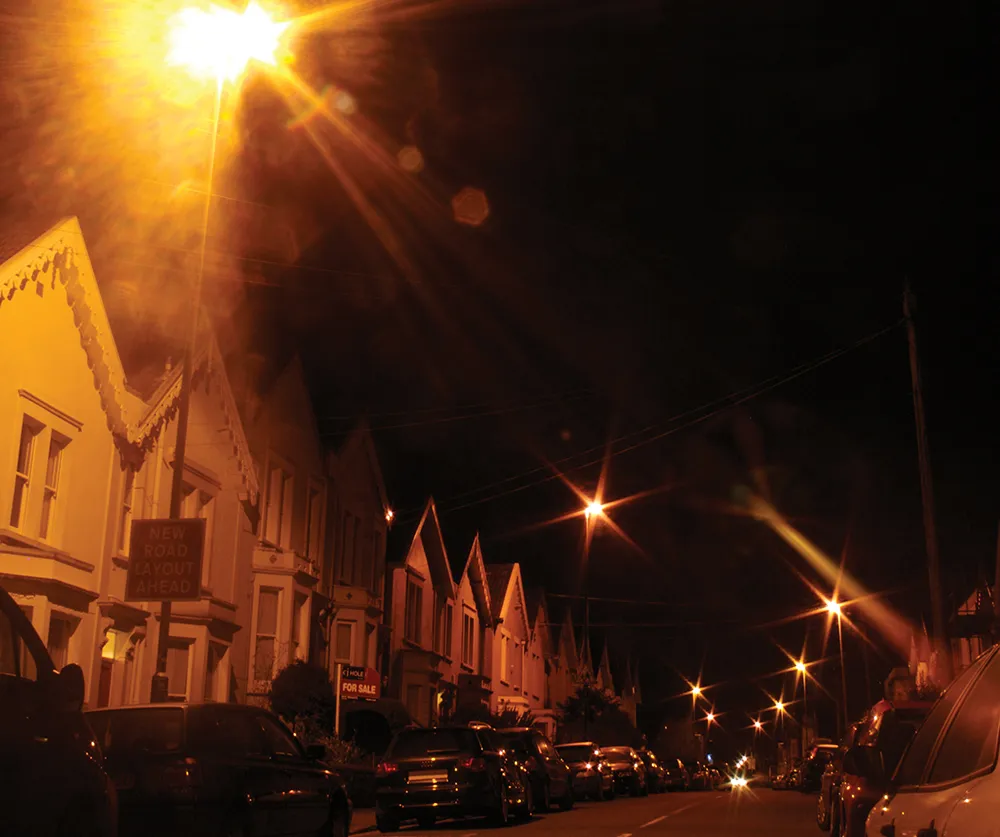
"We’re always going to have light pollution, but there’s no reason why we can’t create the right legislation, guidance and messaging to rein it in and minimise it," says Oakley.
"It’s the right time to fix it because we can now buy the right colour LED lights off the shelves: people just need to know they can do that, and point the light in the right places, to do their bit to limit light pollution. It’s an easy fix; no one says they want to see fewer stars!"
This guide originally appeared in the June 2020 issue of BBC Sky at Night Magazine.
